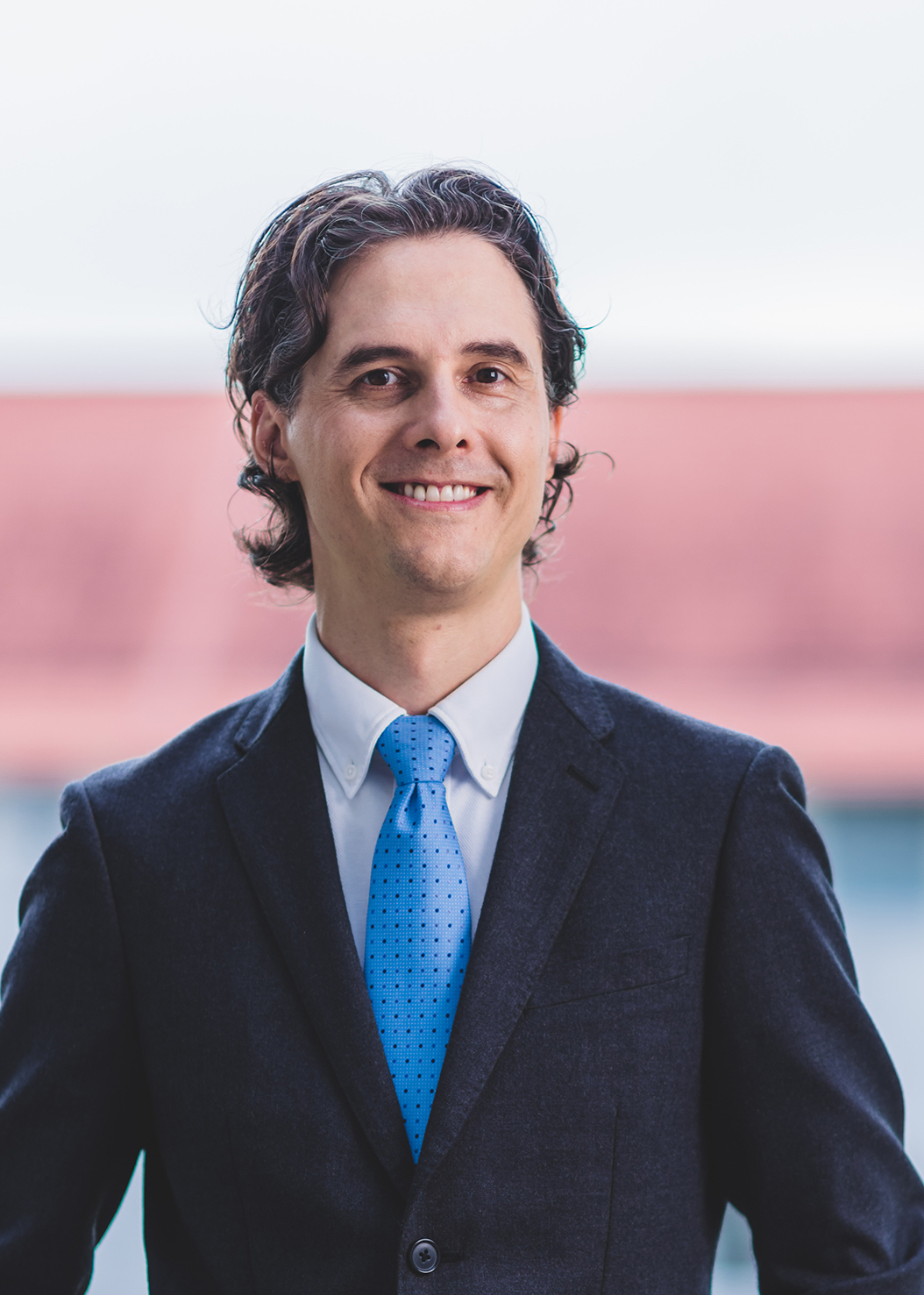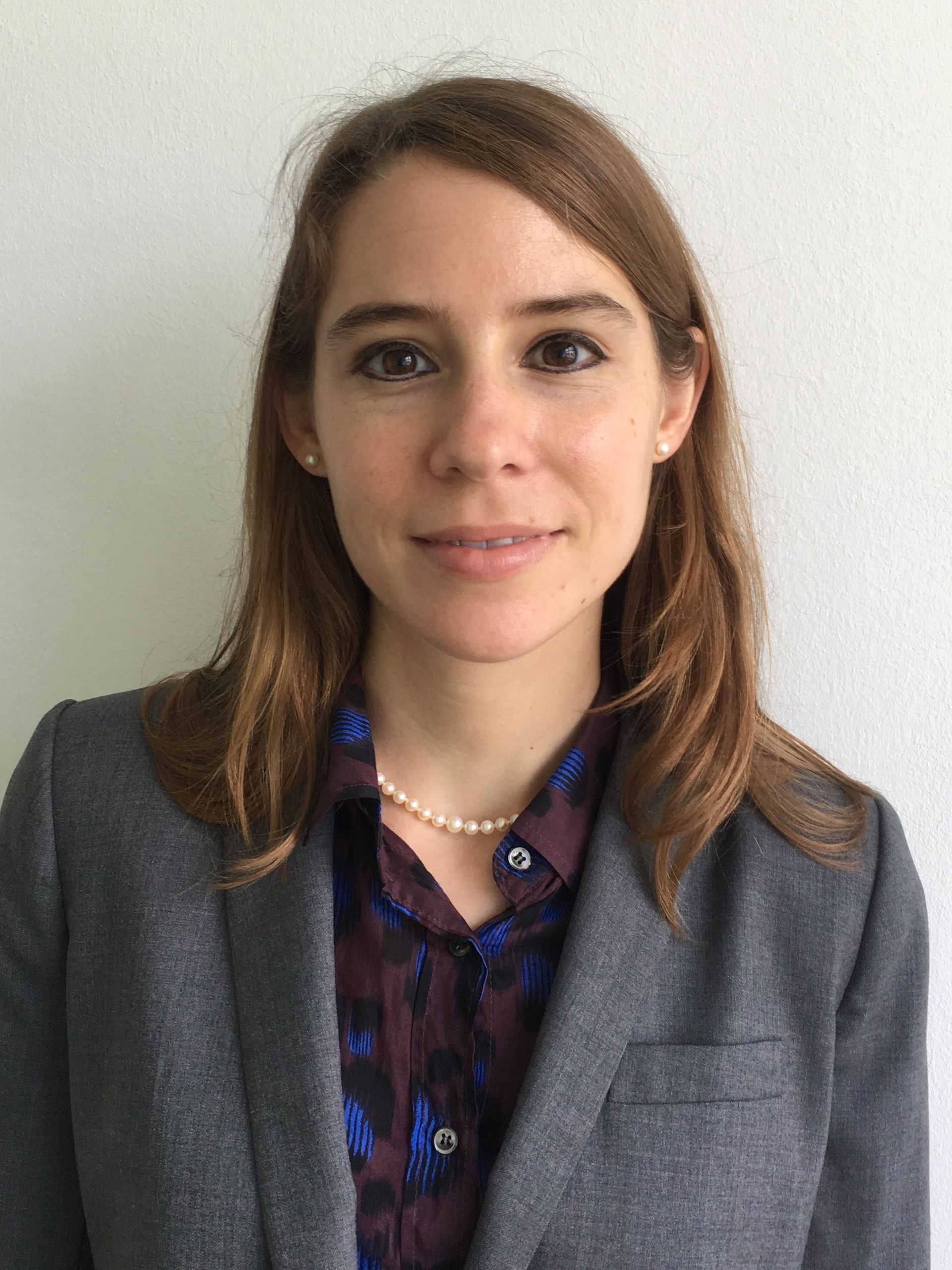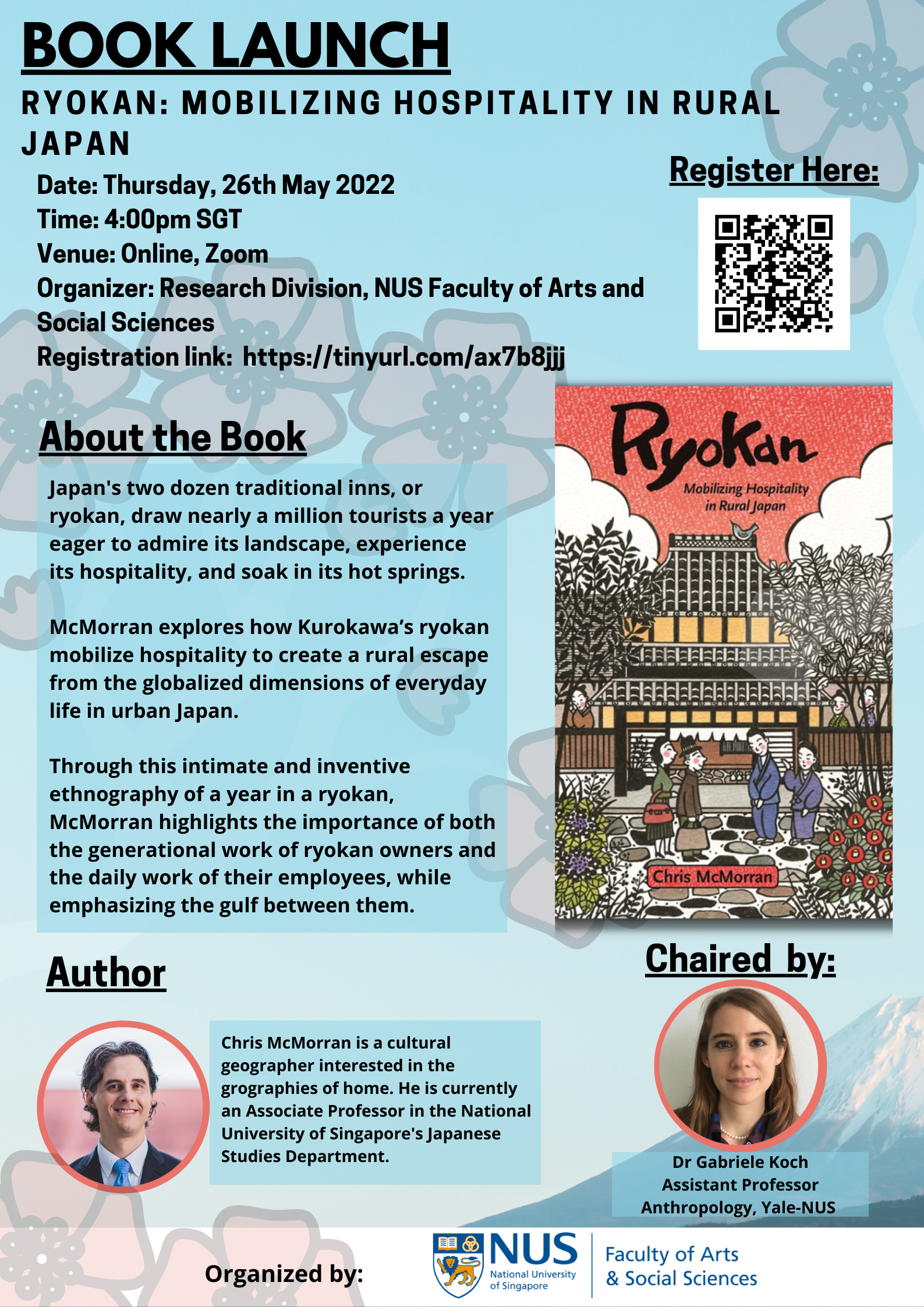[Book Launch] Ryokan: Mobilizing Hospitality in Rural Japan
Date: Thursday, 26 May 2022
Time: 4:00 pm – 5:15 pm SGT
Organizers: Research Division, Dean’s Office, NUS Faculty of Arts and Social Sciences
RSVP at Zoom here.
Programme
| 4:00 pm | Opening Remarks by Assistant Professor Gabriele Koch (Yale-NUS Social Sciences (Anthropology)) |
| 4:10 pm | Presentation by Associate Professor Chris McMorran (NUS Japanese Studies) |
| 4:45 pm | Q & A, Moderated by Assistant Professor Gabriele Koch (Yale-NUS Social Sciences (Anthropology)) |
About the Book
Amid the decline of many of Japan’s rural communities, the hot springs village resort of Kurokawa Onsen is a rare, bright spot. Its two dozen traditional inns, or ryokan, draw nearly a million tourists a year eager to admire its landscape, experience its hospitality, and soak in its hot springs. As a result, these ryokan have enticed village youth to return home to take over successful family businesses and revive the community. Chris McMorran spent nearly two decades researching ryokan in Kurokawa, including a full year of welcoming guests, carrying luggage, scrubbing baths, cleaning rooms, washing dishes, and talking with co-workers and owners about their jobs, relationships, concerns, and aspirations. He presents the realities of ryokan work—celebrated, messy, ignored, exploitative, and liberating—and introduces the people who keep the inns running by making guests feel at home.
McMorran explores how Kurokawa’s ryokan mobilize hospitality to create a rural escape from the globalized dimensions of everyday life in urban Japan. Ryokan do this by fusing a romanticized notion of the countryside with an enduring notion of the hospitable woman embodied by nakai, the hired female staff who welcome guests, serve meals, and clean rooms. These women are the face of the ryokan. But hospitality often hides a harsh reality. McMorran found numerous nakai in their 50s, 60s, and 70s who escaped violent or unhappy marriages by finding employment in ryokan. Yet, despite years of experience, nakai remain socially and economically vulnerable.
Through this intimate and inventive ethnography of a year in a ryokan, McMorran highlights the importance of both the generational work of ryokan owners and the daily work of their employees, while emphasizing the gulf between them. With its focus on small, family-owned businesses and a mobile, vulnerable workforce, Ryokan makes an invaluable contribution to scholarship on the Japanese workplace. It also will interest students and scholars in geography, mobility studies, and women’s studies and anyone who has ever stayed at a ryokan and is curious about the work that takes place behind the scenes.
About the Speakers

Chris McMorran is Associate Professor of Japanese Studies at the National University of Singapore. He is a cultural geographer of contemporary Japan who researches the geographies of home across scale, from the body to the nation. He also has published research on tourism, disasters, gendered labor, area studies, and field-based learning. He is co-editor of Teaching Japanese Popular Culture and co-producer of Home on the Dot, a podcast that explores home in Singapore through the lives of NUS students.

Gabriele Koch is a sociocultural anthropologist who studies care and its contestations in contemporary Japan. She is Assistant Professor of Anthropology at Yale-NUS College and author of Healing Labor: Japanese Sex Work in the Gendered Economy (Stanford University Press, 2020). Her work has also appeared in American Ethnologist, Critical Asian Studies, and Journal of Legal Anthropology. Her current research focuses on new therapeutic uses of forests and changing human-forest relations in Japan.
We are looking forward to seeing you at the launch!


